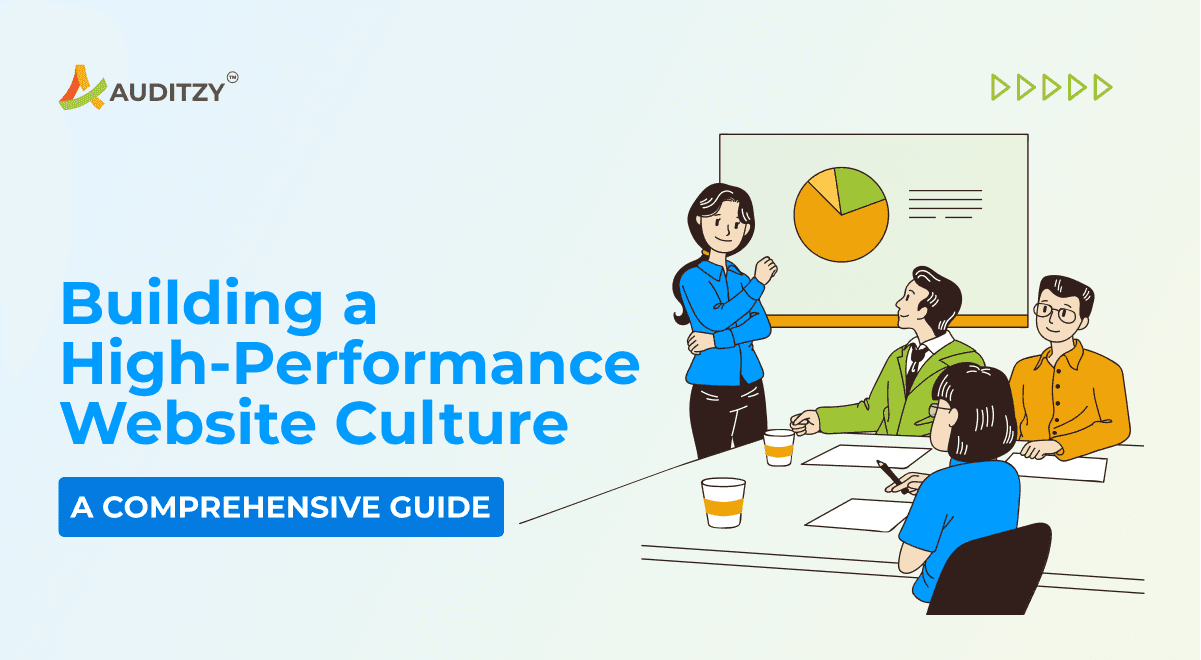Insights
The Need for Speed: Exploring the Impact of Fast Load Times on User Experience
The Overview
Your website consumers increasingly rely on mobile/desktop devices (60%/40% distribution worldwide) to access digital content and services, and your site analytics will probably show this trend.
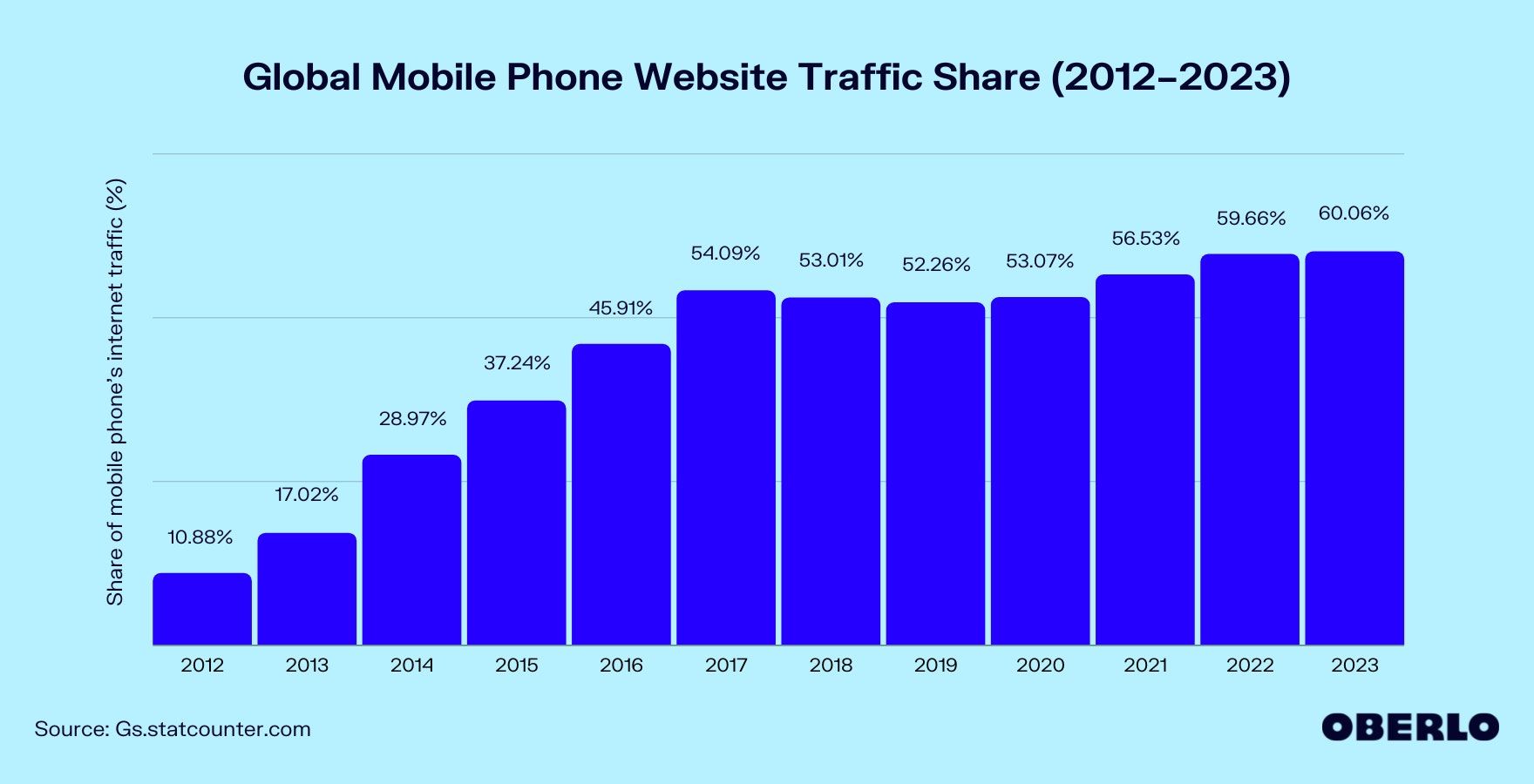
They are also more demanding now than ever, and when they weigh the experience on your site, not only are they expecting a blazing fast and smooth user experience, but they are also comparing you with the best-in-class services they use every day.
The speed of any website is directly proportional to its performance and with this blog post, you will understand the relationship between performance and business success.
️Web Performance is about retaining users
Any online venture's performance is crucial to its success. User engagement and retention are better on high-performing sites than on low-performing ones.
By reducing perceived wait times by 40%, Pinterest increased search engine traffic and sign-ups by 15%.
Performance has directly impacted the company's bottom line. - Pinterest
COOK reduced average page load time by 850 milliseconds which increased conversions by 7%, decreased bounce rates by 7%, and increased pages per session by 10%.
Various studies have shown that poor performance directly impacts business goals. Your customers expect a fast web experience and when they encounter even a little bit of lag on the loading time of the website, the probability is more of them dropping off and never coming back.
BBC found they lost an additional 10% of users for every additional second their site took to load.
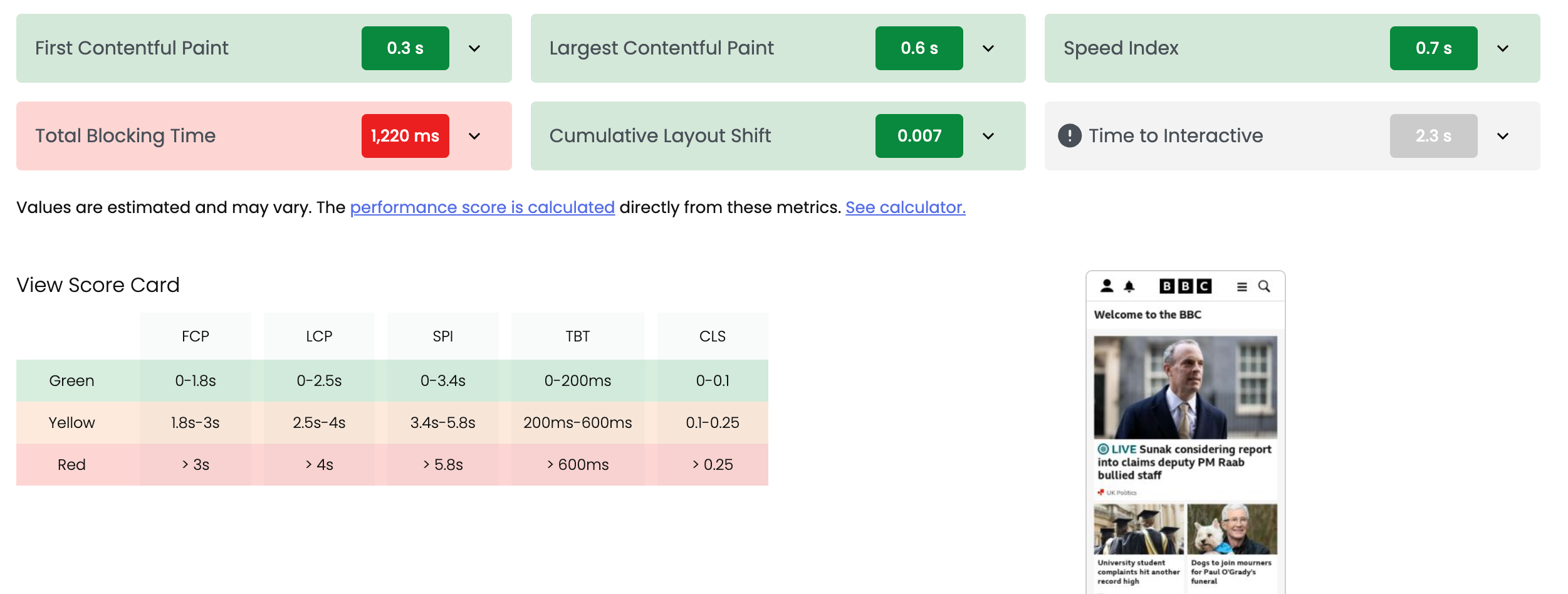
Web Performance is about improving conversions
The key to improving conversions is retaining users. Slow sites harm business objectives and goals, and fast sites are shown to increase conversion rates.
For Mobify, every 100ms decrease in homepage load speed worked out to a 1.11% increase in session-based conversion, yielding an average annual revenue increase of nearly $380,000.
Additionally, a 100ms decrease in checkout page load speed amounted to a 1.55% increase in session-based conversion, which in turn yielded an average annual revenue increase of nearly $530,000.
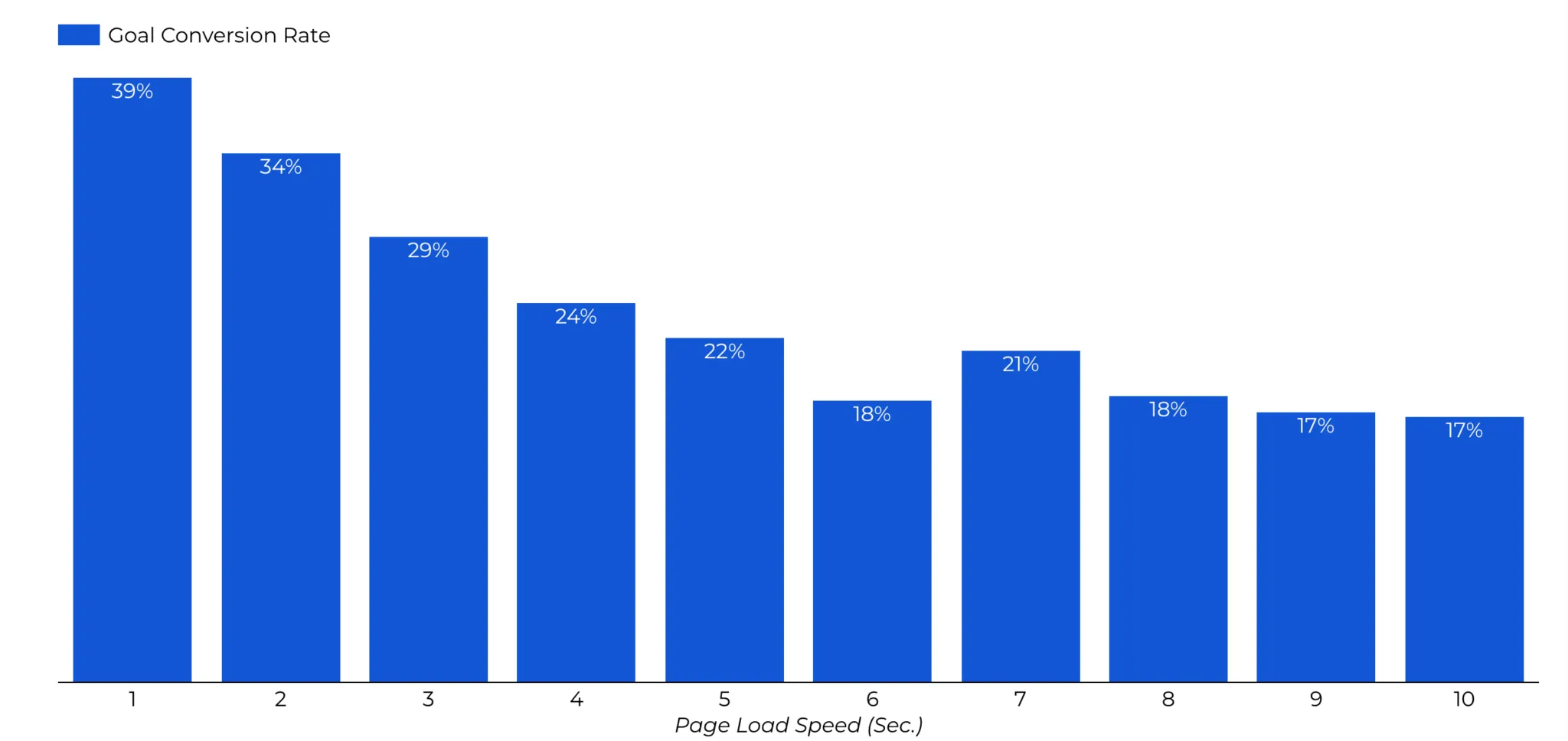
Retailer Furniture Village audited its site speed and developed a plan to address the problems it found, leading to a 20% reduction in page load time and a 10% increase in conversion rate.
All of the above case studies show you that even a small decrease in load speed can be of immense effect on the business when it comes to conversion rates and revenue streams.
Web Performance is about user experience
When it comes to user experience, speed matters!
A consumer study shows that the stress response to delays in mobile speed is similar to that of watching a horror movie or solving a mathematical problem, and greater than waiting in a checkout line at a retail store.
There is a waiting period between when a site starts loading and when content appears. As long as this does not happen, there will be no user experience. The lack of experience is temporary when you have a fast connection. Slower connections, however, force users to wait. As page resources slowly trickle in, users may experience more problems.
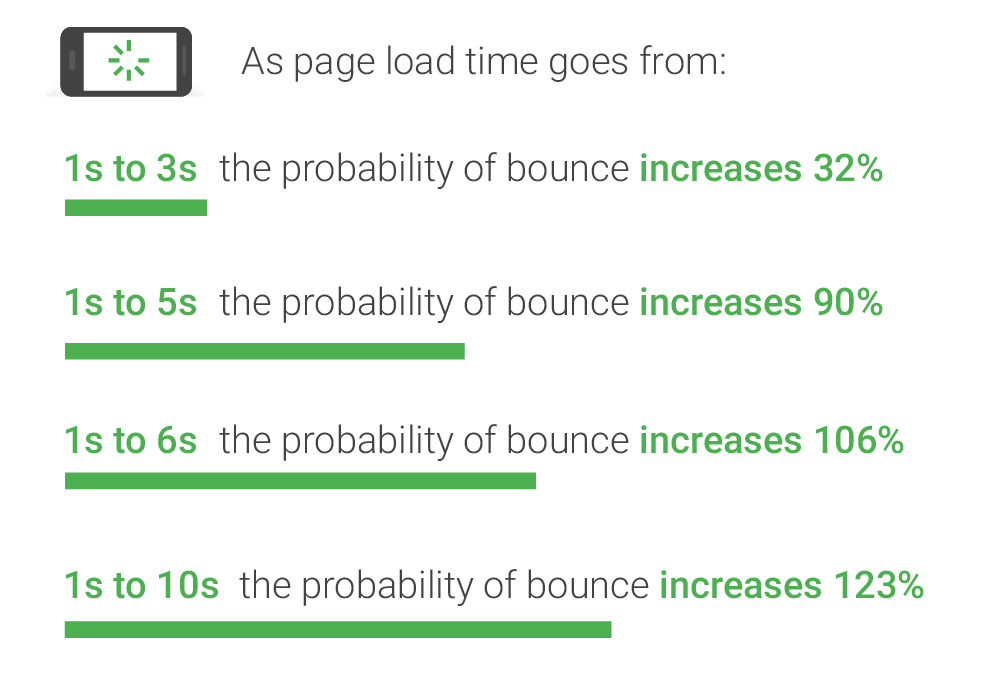
When sites ship a lot of code, browsers must use megabytes of the user's data plan to download the code. Mobile devices have limited CPU power and memory. They often get overwhelmed with what we might consider a small amount of unoptimized code.
Web Performance is about people
As mobile users continue to make up a larger portion of internet users worldwide, it's important to bear in mind that many of these users access the web through mobile LTE, 4G, 3G, and even 2G networks.
Prepaid data plans are becoming more affordable, making internet access more accessible in places previously unreachable. It is no longer a luxury to have a mobile device or access to the internet. Our world is becoming increasingly interconnected, so these tools are necessary for navigating and functioning.
Total page size has been steadily increasing since at least 2011, and the trend appears to be continuing. As the typical page sends more data, users must replenish their metered data plans more often, which costs them money.
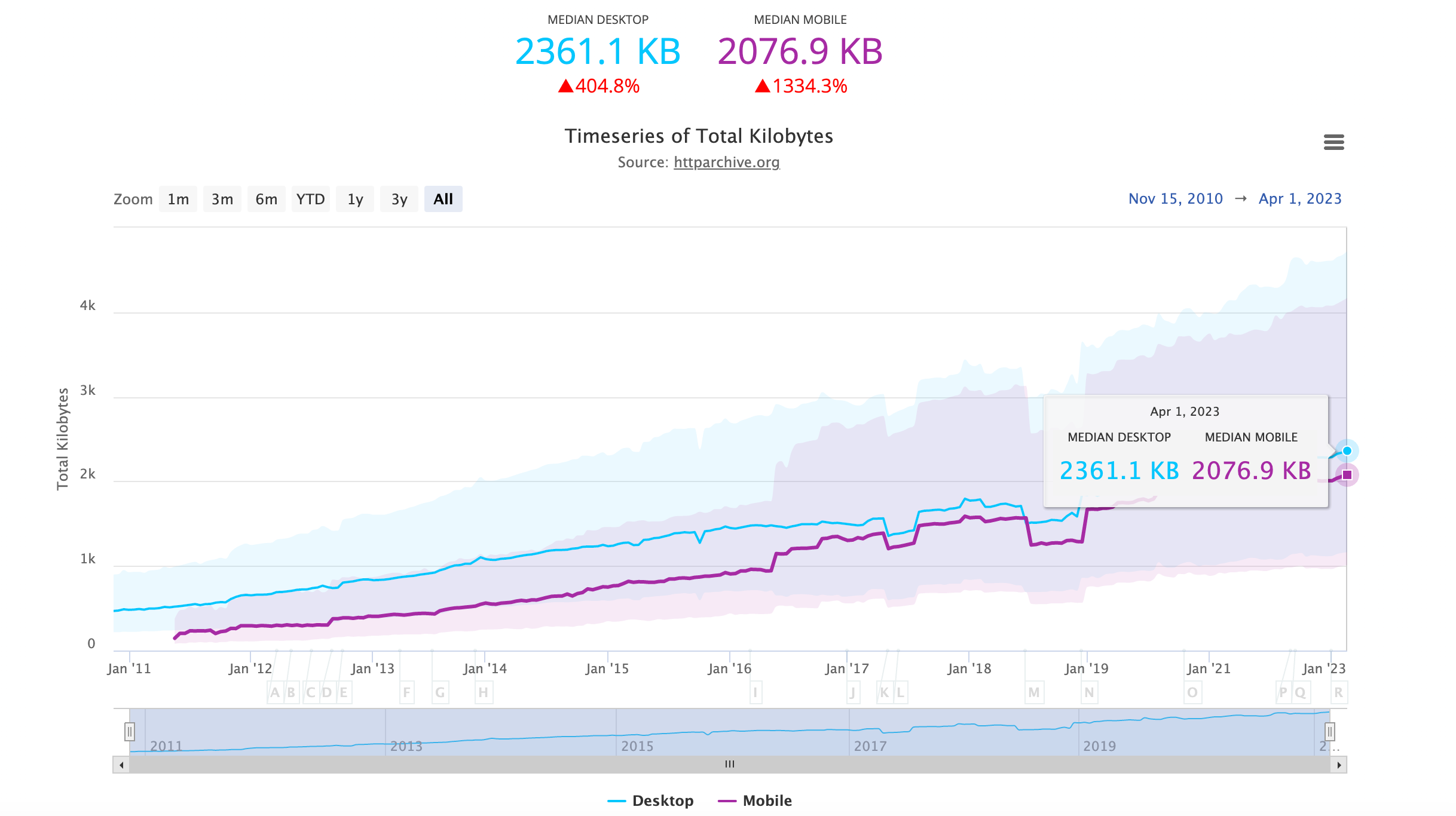
In addition to saving your users money, fast and lightweight user experiences can also prove crucial for users in crisis. Public resources such as hospitals, clinics, and crisis centers have online resources that give users important and specific information that they need during a crisis.
Conclusion
Understanding the impact of performance on websites is becoming an important consideration now for businesses as more and more people access it using different mobile devices and networks.
With best-in-class Synthetic Monitoring tools like Auditzy™, it's never been easier to understand website health and the repercussions of having good/bad performance for you as well as your competitors
With more than 5000+ visitor personas to choose from you can now understand the impact of performance on your business.
If you like this article, share it across your network, and stay ahead in the website speed game.
Auditzy Provides a for Synthetic monitoring to test website performance across 5000+ visitor personas. Get started with Auditzy today!


